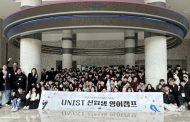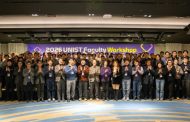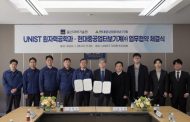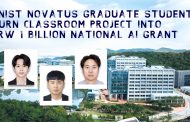《Editor’s Note: UNIST has attracted much attention recently, as its name was mentioned on international media through the inspiring stories of its students, faculty, and staffs. Through this, UNIST had an excellent opportunity to expose itself to the international media and those who have little or no interest in science and technology. Here is a brief summary of those inspiring stories.》
■ UNIST Science Walden Appears on China Central Television (CCTV)
“Biogas is obtained from decomposition of human feces to provide heat, hot water and fuel for cooking. In this way, we can convert human waste into renewable energy sources, and possible to a monetary value.”
This is the story of Feces Standard Money (FSM) project, currently being carried out at Science Walden of UNIST. The project aimed at realizing resource circulation via science and technology for the purpose of building an energy self-sufficient society. The China Central Television, commonly abbreviated as CCTV, covered this project and reported on the news recently.
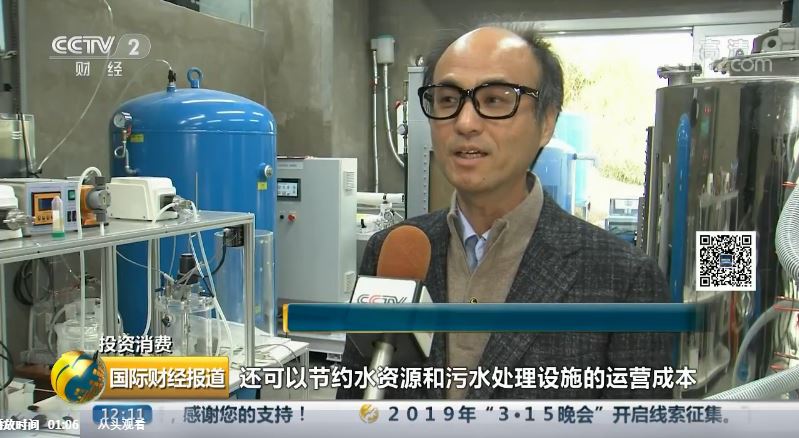
Professor Jaeweon Cho in the School of Urban and Environmental Engineering at UNISTgave an interview with CCTV. | Image Credit & Copyright: CCTV
In a short interview with CCTV, Professor Jaeweon Cho (School of Urban and Environmental Engineering, UNIST) talked about in detail on the project.
[CCTV-2] [国际财经报道]投资消费 韩国环保厕所:人体排泄物变能源
[CCTV-2] [第一时间]韩国环保厕所:人体排泄物变身能源
■ ACS Central Science: A Conversation with Distinguished Professor Rodney S. Ruoff
Last September, Clarivate Analytics, the global leader in providing trusted insights and analytics to enable researchers to accelerate discovery, revealed the hall of 2018 Citation Laureates. This annual designation celebrates researchers whose influence is comparable to that of Nobel Prize recipients, as attested by exceptionally high citation records within the Web of Science. In last year’s projections, Clarivate Analytics selected 17 top-tier scientists as potential winners of the 2018 Nobel Peace Prize.
Rodney S. Ruoff, Director of the Center for Multidimensional Carbon Materials (CMCM) at the Institute for Basic Science (IBS) and Distinguished Professor in the School of Natural Science at UNIST has been also listed as a possible contender for the 2018 Nobel Prize.
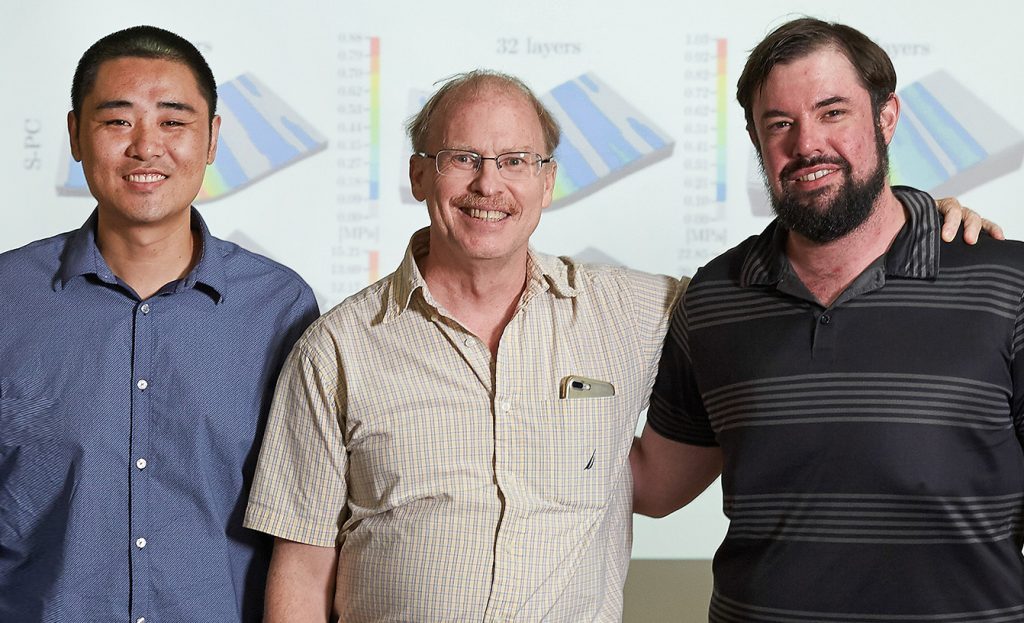
From left are Dr. Bin Wang, Distinguished Professor Rodney S. Ruoff, and Dr. Benjamin Cunning. l Image Credit: Kyoungchae Kim
In a short interview with Neil Savage from ACS Central Science, Professor Ruoff talked about his long history with graphene and his efforts to develop new kinds of carbon materials.
[ACS Central Science] A Conversation with Rodney Ruoff
■ UNIST Business School Grabs the Attention of AACSB
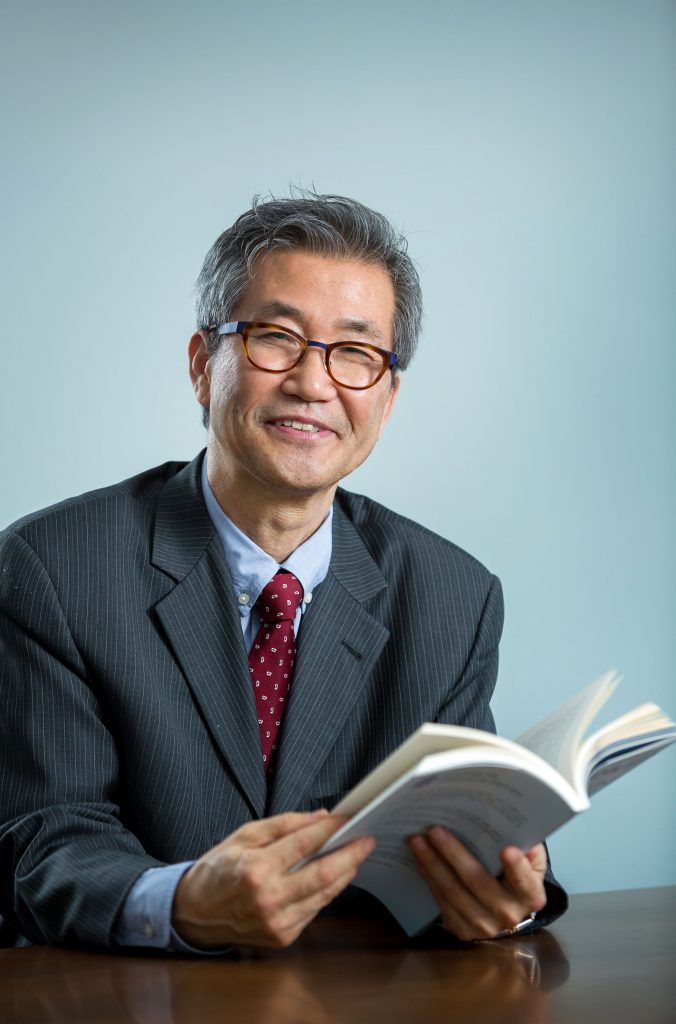
Professor Kooyul Jung in the School of Business Administration at UNIST gave an interview with AACSB. l Image Credit: Ahn Hong Bum
In November 2018, UNIST has announce that its business school has earned AACSB International accreditation from the Association to Advance Collegiate Schools of Business (AACSB), one of the world’s leading business school accreditation organizations.
This represents that UNIST, as the youngest South Korean institution based on establishment year, stands shoulder-to-shoulder with top-ranked business schools in the world that earned AACSB Accreditation.
Established in 2007 and opened in 2009, UNIST has earned this AACSB Accreditation for all of its business programs in such a short history. This also puts UNIST as the first accredited university in the southeastern regions (Busan, Ulsan, and Gyeongnam) and 19th accredited university in South Korea, up to date.
In a short interview with AACSB, Professor Kooyul Jung who served as Dean of the School of Business Administration at the time of the announcement, talked about the school’s journey to accreditation and what the new achievement means to them.
“As the youngest S. Korean university, earning this accreditation has been beneficial in helping to solidify the school’s strategic direction early on, rather than changing a long-established course,” says Professor Jung. “We intend to actively continue our partnerships with leading universities around the world, on both the academic and research front, as well as to attract and retain excellent educators and students.”
[AACSB] Newly Accredited: UNIST on Earning AACSB Accreditation
■ UNIST Appears on Kyrgyzstan Media
As of March 2019, UNIST is home to approximately 398 international students and researchers. At least 43 countries are currently represented on the UNIST campus.
UNIST, the only university in South Korea where 100% of lectures are taught in English, has grown to become an international campus where global talents are eager to join in. Recently, a Kyrgyzstan media conducted an interview with Team Leader Jaesul Joo of Admissions Team at UNIST for those who wish to get into UNIST.
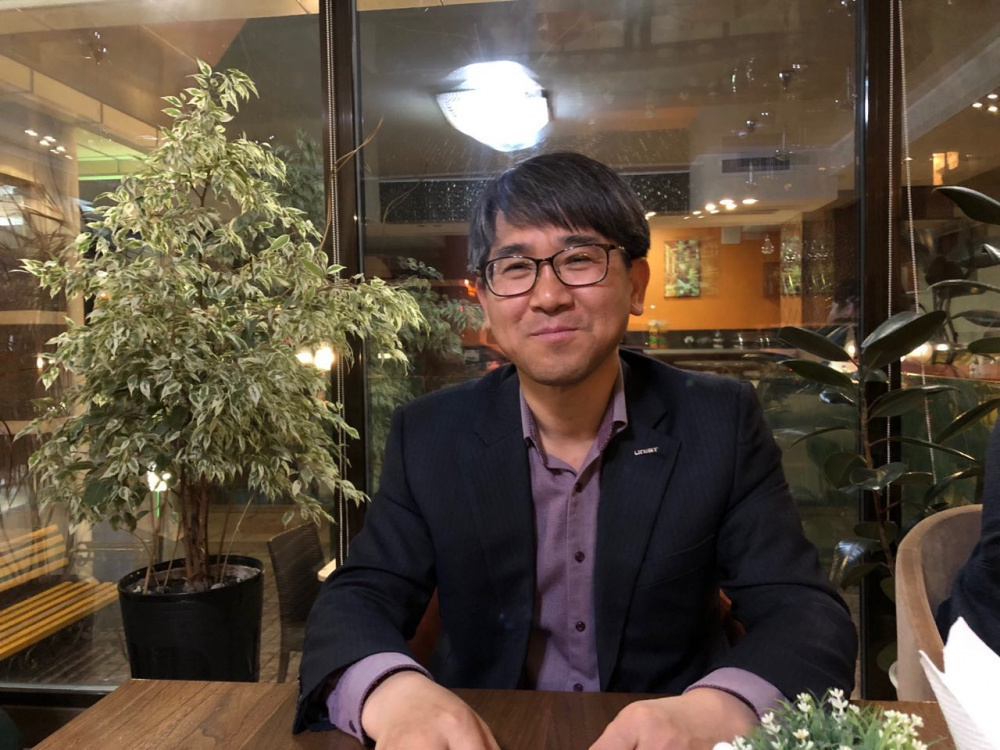
Team Leader Jaesul Joo of Admissions Team at UNIST recently gave an interview with a Kyrgyzstan media. | Image Credit & Copyright: Kaktus Media
This interview proceeded during his recent visit to Kyrgyzstan to promote international education and support international cooperation and exchange. During the interview with Kaktus Media, he ran through information regarding an overseas exchange experience, as well as the tips and advice on the whole admissions process and how to apply.
[Kaktus Media] Почему выпускникам нравится поступать в UNIST – университет Южной Кореи?


![[Short News] UNIST Caught the Eyes of International Media](https://news.unist.ac.kr/wp-content/uploads/2019/03/short-news-800x426.jpg)








